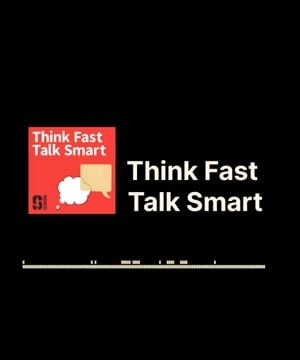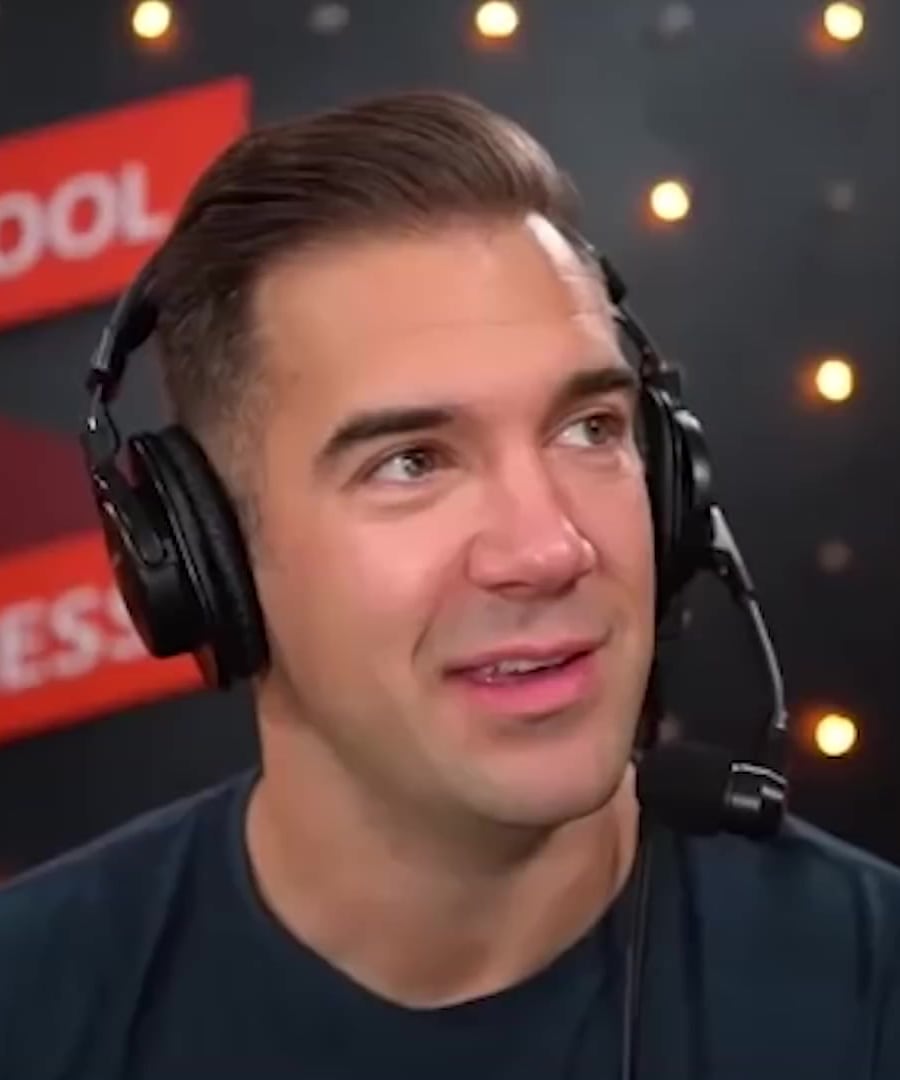Sports analogies
Sources:
The Power of Analogies
On the , and discuss the effectiveness of analogies in communication. Eagleman mentions that human brains are particularly adept at understanding analogies, drawing parallels to familiar concepts to explain new ones. Abrahams highlights the frequent use of sports analogies in American business, noting their potential downside if the audience is unfamiliar with the sports referenced 1.
Effective Analogies in Persuasion
On the , and discuss the importance of tailoring analogies to the audience's understanding. Khateeb emphasizes avoiding assumptions, like expecting everyone to understand sports analogies, and suggests using more universally relatable references instead. They agree that while analogies are useful for simplifying concepts, they shouldn’t be the sole tool for persuasion 2.
Improvement and Sports Analogies
On the , and explore the value of consistent practice in creative work, likening it to preparation in sports. They appreciate sports analogies for their ability to express the importance of practice, muscle memory, and incremental improvement, despite not being athletic themselves 3.
Investing Strategies Through Sports
on the draws an analogy between baseball and investing. He compares knowing your style in baseball—like understanding the strike zone in hitting—to focusing on investment strategies within one’s expertise. This strategy minimizes mistakes and optimizes success, similar to how Ted Williams mastered his strike zone to excel in baseball 4.
The Physicality of Creative Work
On the , and compare warming up in sports to preparing for creative tasks. They underline the importance of starting with smaller tasks to build up to more complex ones, emphasizing practice and muscle memory, which are critical in both disciplines 5.
RELATED QUESTIONS

